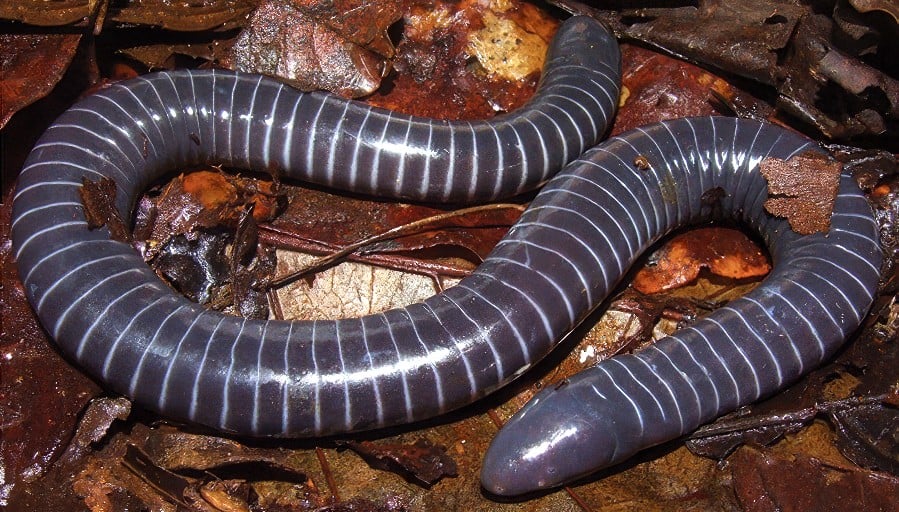In a surprising discovery, scientists have found that a species of worm-like amphibian called Siphonops annulatus provides a milk-like substance to its babies. This behavior, which has never been seen before, gives new information about how these animals care for their young and communicate with them.
Usually, the egg yolk is the only food that mother animals give to their unborn babies. However, some species have developed ways to make special foods to feed their young, like milk in mammals. Feeding babies with nutrient-rich milk was thought to be something only mammals did, but now we know that some other animals, like spiders, do it too.
Pedro Mailho-Fontana and his team reported this new “milk” feeding behavior in Siphonops annulatus, a type of caecilian amphibian from Brazil. While studying how these animals feed on skin, Mailho-Fontana saw that the babies also ate a substance that came from the mother’s vent.
The study found that Siphonops annulatus makes a resource rich in fats and sugars in glands inside the walls of the oviduct (which the scientists call milk). The mother feeds this “milk” to her babies several times a day, seemingly in response to physical touch and sound signals from the young. This kind of communication between parent and offspring has not been seen in any other amphibian.
The milk feeding happened for about two months after the babies hatched and helped them grow quickly. “The study by Mailho-Fontana et al opens new areas of research for caecilians and for amphibian biology in general,” writes Marvalee Wake in a related article. “It also provides an expanded approach to investigate the evolution of derived modes of reproduction in the broadest sense, and to better understand key aspects of evolutionary biology.”
#AmphibianMilk
#ParentalCare
#AnimalCommunication
#EvolutionaryBiology

